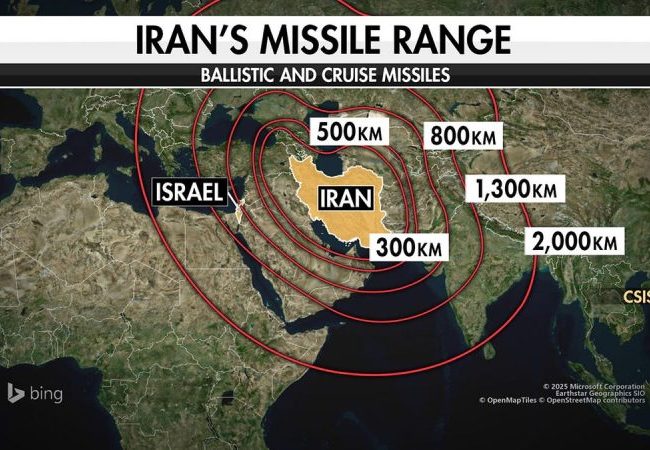
Waste and repurposed plastics
Happy New Year!
Do you know that the Philippines produces about 61,000 metric tons of solid waste daily? This is projected to increase further in 2025. On average, each Filipino generates around 0.4 kilogram (kg) of waste. That’s you and me contributing to the Philippines’ pollution problem. And the majority of solid waste is plastic waste.
When you go shopping, do you bring your own bag? Do you know that a significant contributor to the waste crisis in the Philippines is the heavy reliance on single-use plastics, resulting in the annual generation of 2.7 million tons of plastic waste? Plastic is not biodegradable. Its debris clogs landfills, pollutes waterways, and disrupts environmental habitats and natural processes. Additionally, the infiltration of microplastics into the food chain poses a direct threat to human health and food security. These microplastics are ingested through contaminated food, water, and even the air, leading to potential long-term health complications.
The adverse impacts of plastic pollution extend beyond environmental concerns. According to Environment Secretary Toni Yulo Loyzaga, improperly disposed plastics cost the Philippine economy an estimated $890 million yearly, stemming from materials that could otherwise be repurposed or recycled. This provides a clear picture of the effects of environmental damage and economic inefficiency.
The Ocean Conservancy in 2015 listed the Philippines as the third biggest ocean polluter in the world. The World Wildlife Fund also estimates that there may be more plastics in terms of weight than fish in the ocean by 2050 if we don’t do anything about it.
Amidst these challenges, numerous individuals, organizations, and government bodies have taken significant steps to address the plastic waste problem in the Philippines. These initiatives demonstrate the power of collective determination and long-term commitment to fostering environmental sustainability.
Innovations and proactive measures against plastic pollution will pave the way to a cleaner, greener future.
The Philippine government has taken steps in the right direction, enacting policies to mitigate plastic waste. A landmark initiative is the Extended Producer Responsibility (EPR) Act of 2022 led by the Department of Environment and Natural Resources. This legislation mandates companies to take responsibility for their products throughout their life cycle — from manufacture to post-consumer stages. By requiring companies to offset their plastic emissions, the EPR Act contributes to reducing the environmental footprint of industrial production. However, implementing this act has challenges such as cost concerns and potential impact on profitability. Stronger enforcement mechanisms and incentives for compliance must be implemented.
I heard Nanette Medved Po speak passionately about plastics, and she really walks the talk. She founded Plastic Credit Exchange to help tackle the plastic waste crisis and promotes the Plastic Pollution Reduction Standard, a comprehensive framework designed to establish a circular economy and minimize waste through recycling, reusing, and repurposing materials. Other private companies are also at the forefront of innovative sustainability in the Philippines. Just this week, Edmund Dimalanta of D&G Pacific Corporation and Repurpose, Inc. invited me to visit his plant near my garden in Antipolo. It was interesting to know that he collects waste, including plastics, leaves, and branches, from villages like Forbes and Dasmariñas. His factory diverts plastic waste from landfills and waterways and recycles them into durable materials for construction, housing, and furniture. These initiatives not only combat plastic pollution but also contribute to economic growth by creating new markets for recycled products, as plastic doesn’t decay.
The waste management crisis in the Philippines will require a collective effort from government organizations, the private sector, and the general public. By prioritizing sustainability and fostering a circular economy, the country can minimize and mitigate the negative impacts of plastic waste. Corporate efforts and government action will be the foundation of a future where the Philippines is no longer a profit-driven, waste-laden society, but a model of environmental responsibility and sustainability.
This new year, let’s start waste segregation. All biodegradable waste, like fruit and vegetable peels, grass, and leaves, please compost them to be organic fertilizer for healthy plants and a beautiful garden. The plastics, separate them so they can be put to better use. Let’s do our part to minimize waste and help our environment. This year, let’s be part of the solution. Happy Zero Waste Month!
The views expressed herein are the author’s own and do not necessarily reflect the opinion of her office as well as FINEX.
Flor G. Tarriela was former PNB chairman and now serves as board advisor. A former undersecretary of Finance, she is lead independent director of Nickel Asia Corp., director of LTG Inc., FINEX and Philippine Bible Society. A gardener and an environmentalist, she established Flor’s Garden in Antipolo, now an events destination.


